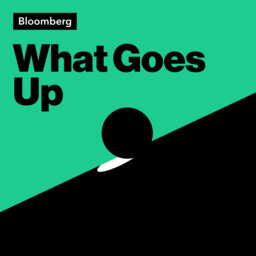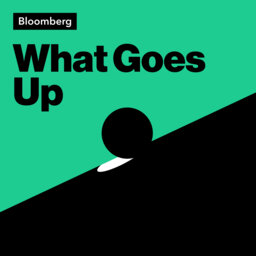The Fed's Not Done Breaking Things
While the drama surrounding regional US banks has largely subsided following the failure of three lenders in March, that doesn’t mean the ripple effects of Federal Reserve interest-rate hikes are over. This is according to Que Nguyen, chief investment officer of equities at Research Affiliates, who joined the What Goes Up podcast to give her outlook on markets and talk about why she doesn’t foresee a soft landing for the economy.
“When the Fed raises rates and it breaks something, it rarely happens that it’s a very small break,” she says. “Usually it’s a very big break. And so while I’d never thought that we would get to a great-financial-crisis level of breakdown, I do believe—and I did believe, and I still believe—that there would be more things that break. Whether that continued to be in the small regional banks or whether that bled over to something else such as real estate lending, private credit—definitely those dangers still remain out there.”
 What Goes Up
What Goes Up


